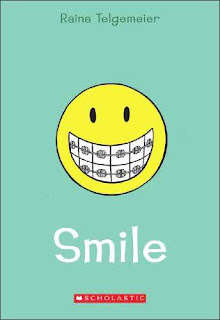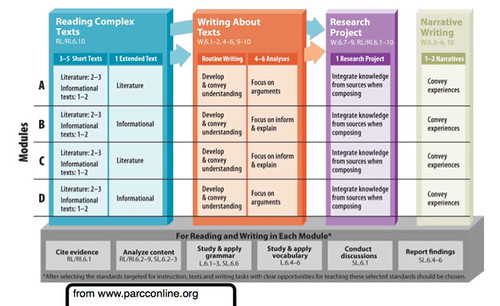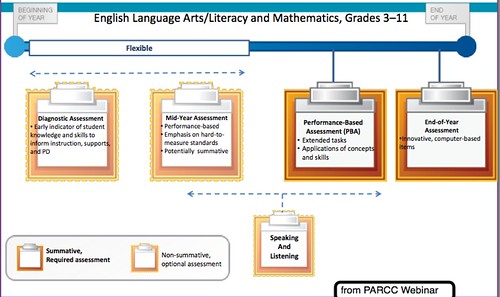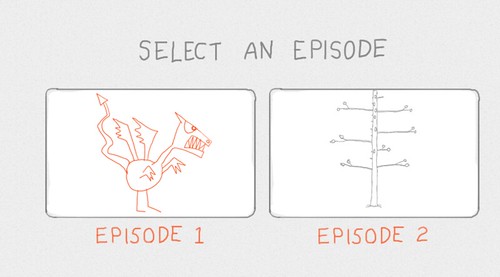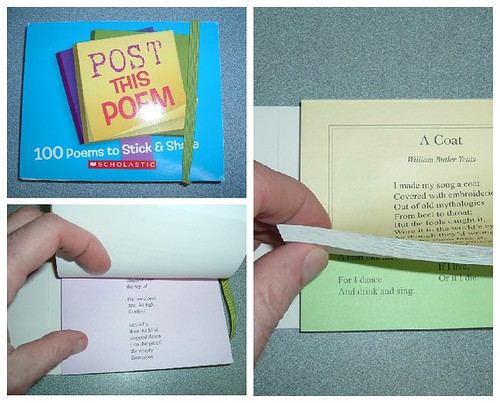There’s been a lot of interest in the book that has been sitting on my desk the past week or two. Carl Hiaasen is a hit with my sixth graders (and we read Flush as a class novel). When Chomp came in, they kids huddled around the desk, and each day, I have this one girl asking me, “Are you done yet?” (One other student could not wait and downloaded it to her Kindle). Others periodically came up and looked it over with eager eyes.
Yep. I am done, and just in time to pass it off for her to read on school vacation next week.
Chomp is very familiar terrain for Hiaasen fans, and that’s not a bad thing.
Set in the Everglades, with an environmental theme and plenty of humor, Chomp tells the story of a boy named Wahoo Cray (and his friend, Tuna) whose family of “animal wranglers” is hired to help film an episode of an adventure television show that goes completely whacky and out of control. The star of the television show (think of all of those wilderness programs) models himself as a Crocodile Dundee sort of character (complete with fake Australian accent), but only for the camera. His lack of street smarts with animals is the cause of much hijinks, and Hiaasen uses the opportunity to poke fun at so-called Reality Television.
The book begins with Wahoo’s father (his mother is in China, trying to earn money as a language teacher to pay their mortgage) getting a concussion after a lizard falls out of the tree and bonks him on the head. Tuna (a girl) joins up with Wahoo and his father because she is on the run from her father, who is violent and a drunk with a gun, and out to find her.
Mix all of those pieces and characters together with the wildness and unpredictability of the Everglades, and you get a novel that is fun to read. I still think that Flush is the better book. The pacing of Chomp felt uneven to me, and I didn’t connect with Wahoo as much as I did with Noah in Flush. But Hiaasen has his formula: a boy and a girl rising to the occasion to save animals or some environmental issue, while at the same time, mending some fissure of their families, with ample does of humor.
A nice little bonus in the book I got is a fake “magazine” in which Hiaason interviews the adventure show host in the aftermath of the adventure. It’s a (excuse me here as I reference Hiassen one more time) hoot to read.
Peace (in the ‘glades),
Kevin

